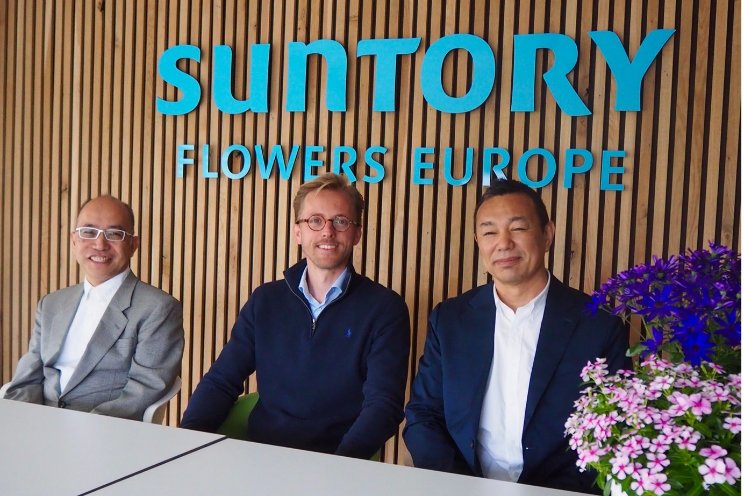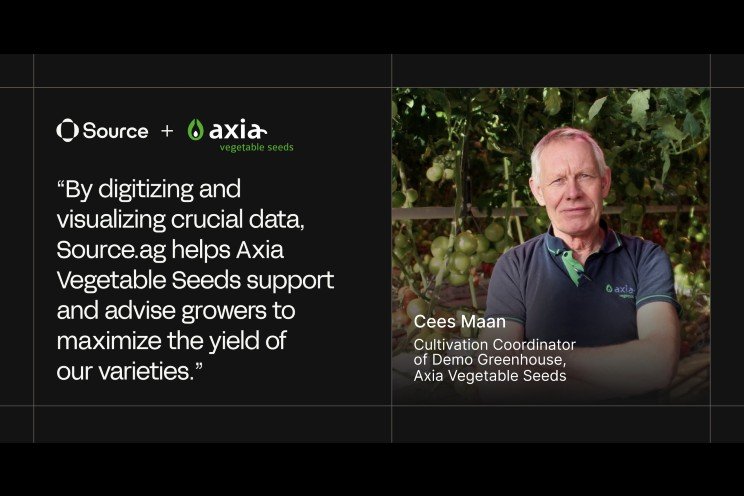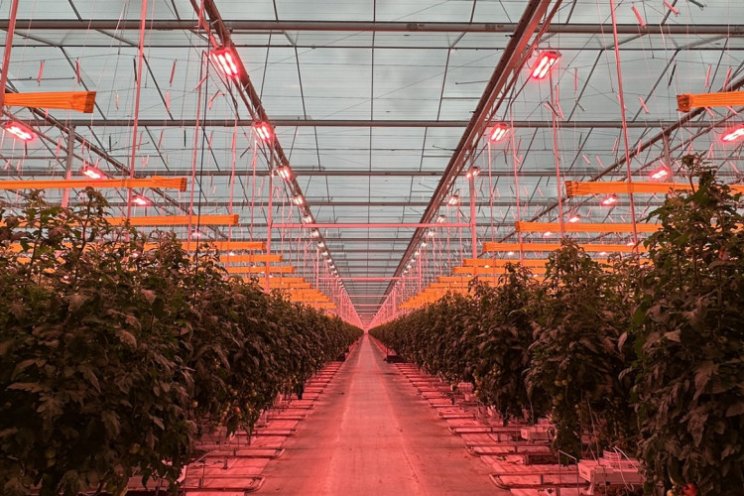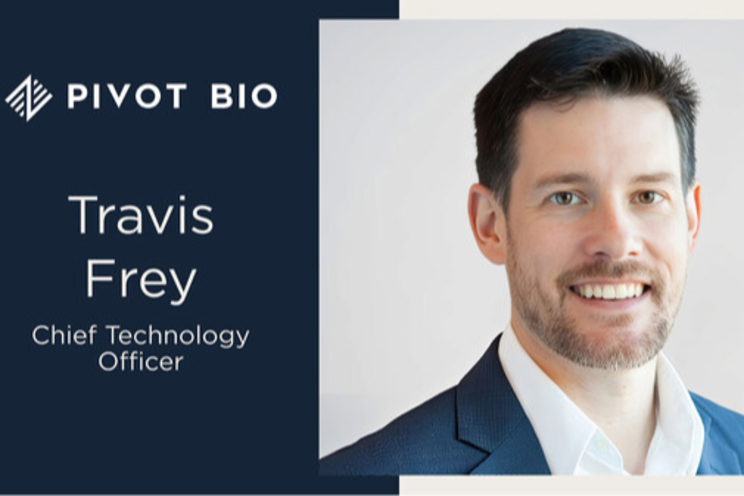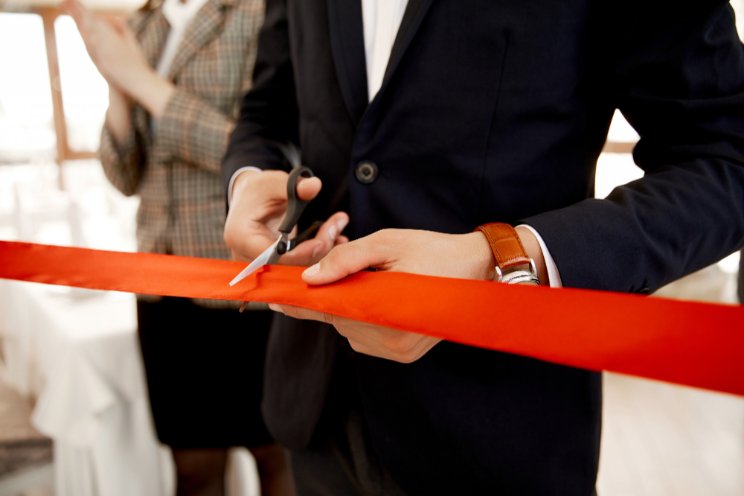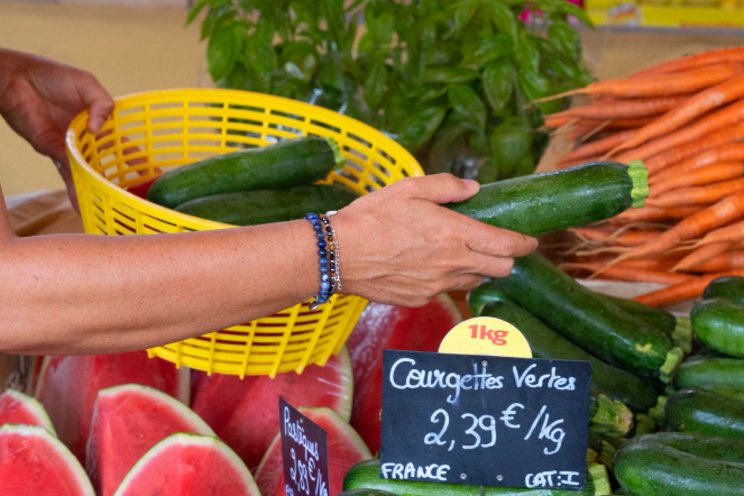CEO Benjamin Swan's leading the sustainable food revolution
Added on 22 June 2021

![]() Bottom of Form
Bottom of Form
Sustainable food is a necessity, not a trend. This is a firmly-held belief of Benjamin Swan, CEO and co-founder of Sustenir Agriculture, a regional fresh produce retailer. Swan feels modern customers are a blessed bunch who are able to conveniently access a wide range of foods through multiple touchpoints. But no matter their choice, one thing that consumers prize is freshness.
"Yet with all that convenience and access come a huge unseen problem. A lot of the food we produce and consume is wasted just getting to us. It's a challenging problem, one that diminishes our ability to fight global warming and food security," Swan remarks in an email interview.
That's where Sustenir Agriculture comes into the picture. In 2015, Swan launched an urban farming company in Singapore. It utilised indoor vertical farms to grow non-native crops in a sustainable manner all year round, through Controlled Environment Agriculture (CEA).
After achieving success, Sustenir Agriculture expanded to Hong Kong, and later to Malaysia in April 2021. Their Malaysian farm is built inside Dairy Farm Group's distribution centre in Kajang. After its crops are harvested daily, the farm-to-distribution delivery is made on foot. This makes them Malaysia's first zero-mile smart farm.
"Importing perishables not only contributes to food waste but also carbon emissions, which is unsustainable for the future of our food supply," says Swan.
He adds that the use of Controlled Environment Agriculture enable them to utilise 95 per cent less water than traditional farming. "It also means Sustenir's kale is 100 per cent clean with no pesticides, and displaces imports that would otherwise generate up to 92 per cent more carbon emissions in the food supply chain," he explains.
Sustenir prioritises growing food at the heart of the demand, which means growing locally, and as close to consumers as possible.
— Benjamin Swan, CEO of Sustenir Agriculture
"Growing inside our distribution source shortens the food supply chain and increases freshness for consumers. We grow non-native food such as kale this way, which complements the crops of traditional farming and provides a wide variety of leafy greens for consumers," says Swan.

Sustenir Agriculture grows non-native crops in a Controlled Environment Agriculture
Swan is a bit of an accidental champion for this cause. He started off his career as an engineer and project manager. He came to Singapore from Australia after he was appointed to lead the construction of the Skypark at Marina Bay Sands. He then decided to stay on in Singapore, joining Citibank to design their Smart Banking Platform.
At the same time, Swan was struck by the disparate standards in fresh food between Singapore and Australia. He became passionate about growing fresh greens in land-scarce Singapore after discovering the benefits of vertical farming.
"Being a pioneer in vertical farming in Southeast Asia, I've had to have a lot of conviction about what I was doing in the early days. Vertical farming as it was conceptualised then was designed for large scale warehouses, not tight spaces inside office buildings. We've been able to innovate and design a plug and play system that fits into any indoor office building, making us up to 178 times more productive than the traditional farm," says Swan.
Expanding the business also came with challenges. The Malaysian farm had to be built during lockdown, which meant that Swan could not be physically present to oversee many things. This taught him to invest heavily in communication and trust; it also helped to have a talented, hard-working local team on hand.
Sustenir Agriculture's Malaysian offerings are Toscano Kale and Kinky Kale. According to Swan, kale is a superfood that helps build immune systems, and is high in Vitamins A and C, manganese, and calcium. The vegetable normally does not grow well in heat, but thrives in the controlled environment of their vertical farms.
"Most people who have tried kale dislike its taste, which is exactly why our kale is so popular—we've grown it to be sweeter and crunchier than others. You can enjoy Sustenir's kale raw, cooked or juiced," says Swan.
One principle that Swan values very highly is putting customers at the heart of his business. This, he said, was a lesson he had learnt from his experience at Citibank.
For example, when he first launched his kale in Singapore, he realised locals were not taking to it, even though it was the same kale available internationally. Swan realised that he could not force-feed a product onto anyone. Instead, he had to figure out how to make his customers want the product.
He experimented with the tastes of his kale, making it crunchier and sweeter. And things took off from there.
"Today, our Kinky Kale and Toscano Kale are well-known in Singapore as being ultra-nutritious, and a delicious variety of leafy greens to incorporate into Asian or Western cooking at home," said Swan.
Response to their products has been good so far with overwhelming support in Hong Kong, their first overseas market. While their Malaysian farm is smaller, demand has been growing steadily, as more Malaysians become aware of the benefits of Sustenir Agriculture's kale.
While Sustenir Agriculture grows a range of superfoods such as rocket and spinach, the Malaysian farm currently only have kale. Swan assures that they are eager to expand their range as soon as they can
"Before the pandemic, many consumers rejected sustainable food because it was expensive. Since then, we've seen consumers actively seek out locally grown, pesticide-free sustainable foods as they start to make healthier food choices. The industry is in a nascent stage, however, so there are plenty of areas for development," Swan says.
"It has been particularly rewarding seeing consumers embrace Sustenir's products. We have very loyal fans who love that they can have delicious vegetables that are also highly nutritious superfood. We love how every bag our customers purchase from Sustenir displaces imports which reduces food waste and carbon emissions in the logistics chain, bringing us one step closer to a more resilient future."
Photo Caption: Sustenir Agriculture CEO and co-founder Benjamin Swan believes sustainability is a necessity, not a trend.
Source: My Asia Tatler
Source: My Asia Tatler
More news
